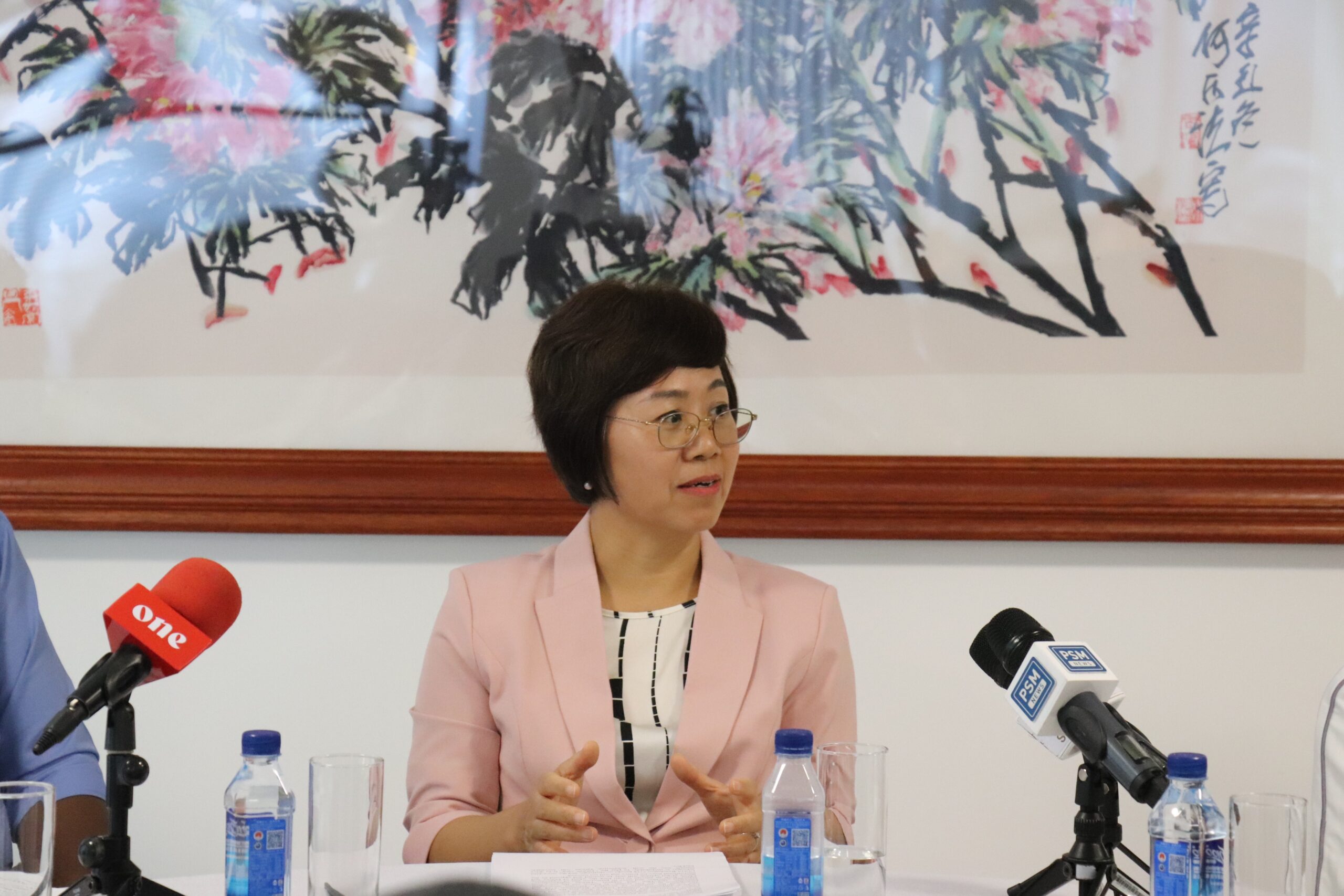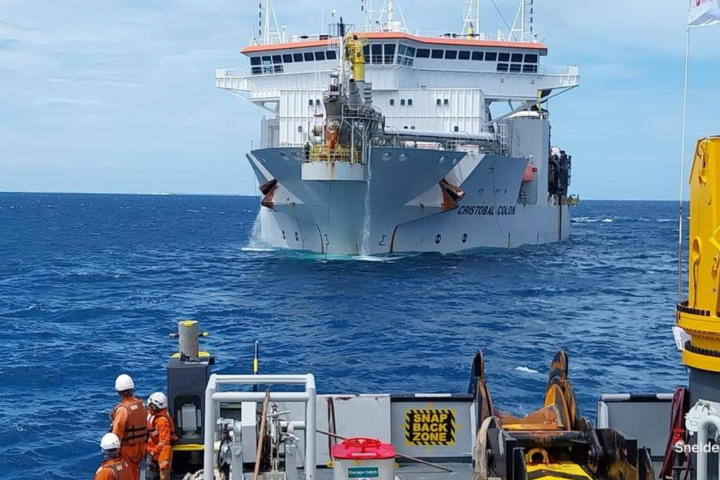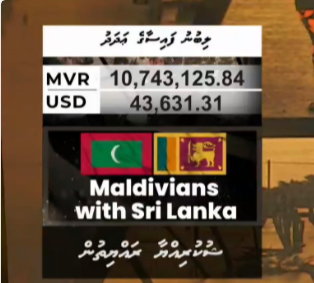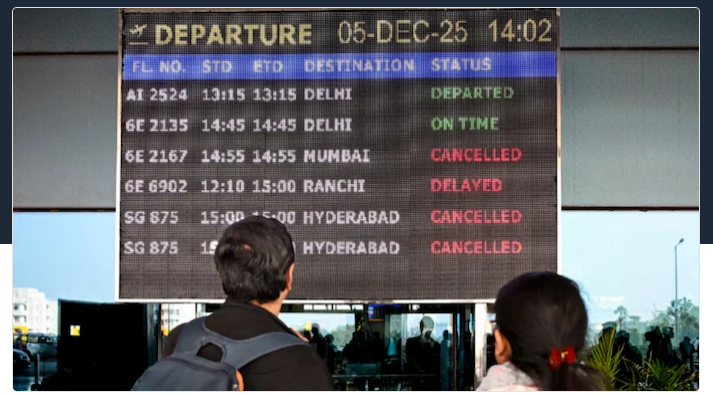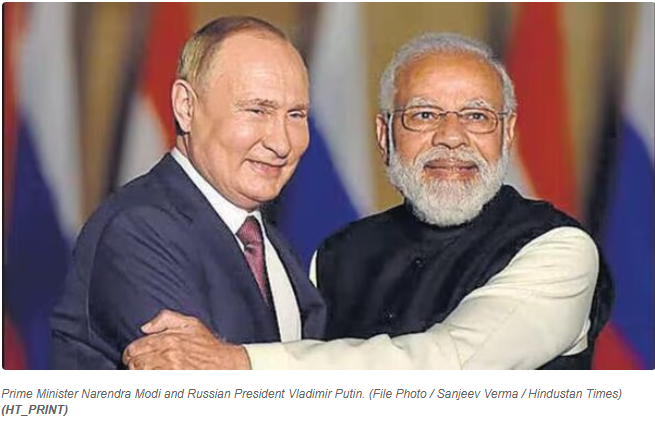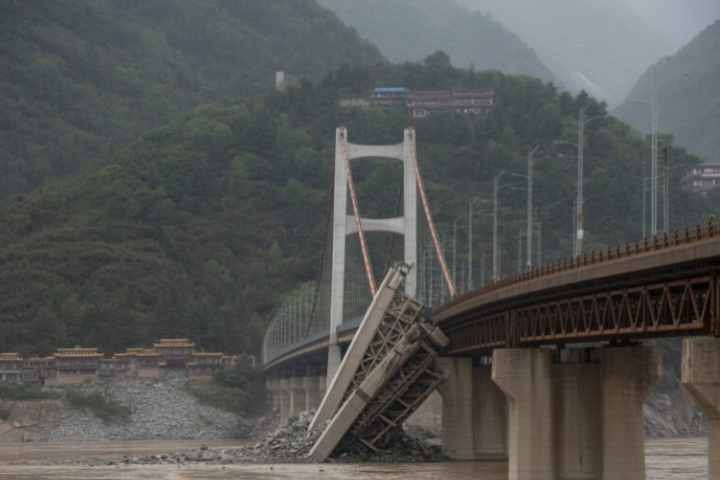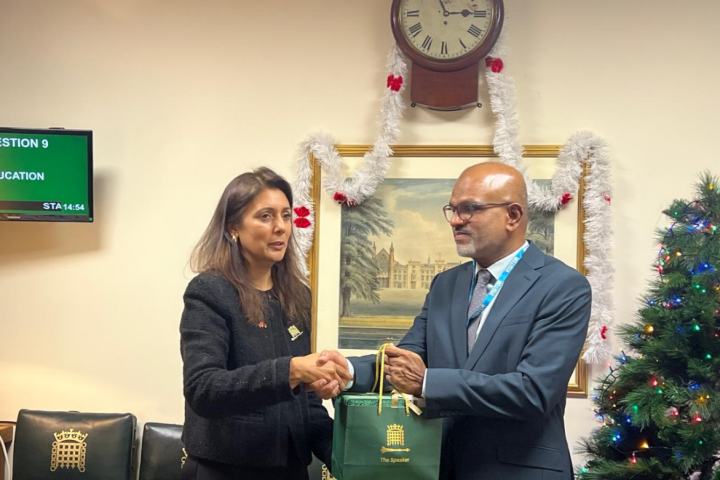MALÉ, Maldives — Speaking to a Sri Lankan daily, Former President Mohamed Nasheed, a vocal critic of China’s role, accused Beijing of imposing “debt traps” and deliberately inflating project costs. However, Wang Lixin, the Chinese ambassador to Maldives rejected these allegations, questioning whether the Maldivian government is “crazy” to fall into such a trap.
The Maldives is grappling with a thorny issue: its mounting debt to China.
According to figures from the World Bank, Maldives owes $1.37 billion to China, accounting for a staggering 20 percent of the country’s external debt. This has raised concerns about a potential “debt trap” orchestrated by Beijing to increase its leverage over the South Asian archipelago.
Ambassador Wang strongly dismissed these claims in a press conference on Thursday. “China has no intention of plunging Maldives into such a trap,” she said, insisting that projects in the country are undertaken at the request of the Maldivian government.
President Muizzu, often portrayed by global media outlets as a China-pro leader, has been working to deepening of relations between Male’ and Beijing during his tenure. Mr. Muizzu’s administration has actively courted Chinese investment and assistance, during his state visit to China, viewing it as crucial for realizing the Maldives’ development ambitions. However, this cozying up to China has ignited controversy and debate, with critics raising concerns about the potential ramifications for the island nation’s sovereignty and long-term economic and regional stability.
Yet signs of tangible progress from this pivot toward Beijing have thus far been limited. At a press conference on Thursday, Ms. Wang offered a measured assessment of China’s role in funding future projects in the country. Ms. Wang said China has always sought to benefit the Maldives while avoiding saddling it with an unsustainable debt burden.
As evidence of this approach, the ambassador pointed to China’s current focus on implementing grant-assisted projects in the Maldives, rather than extending new loans that could exacerbate the country’s debt load. Her comments highlighted Beijing’s cautious stance amid scrutiny over its lending practices in the developing world.
The contentious issue of Chinese debt has become a recurring theme across the developing world, with nations like Sri Lanka and Pakistan also finding themselves heavily indebted to Beijing after borrowing for infrastructure projects under China’s Belt and Road Initiative.
For Maldives, the debts stem largely from loans for infrastructure projects, as China doubled down on lending to countries in recent years under its “Going Global Strategy.” Maldives’ debt to China surged from $300 million in 2016 to $1.2 billion by the end of 2022, according to World Bank data.
Experts have highlighted China’s reluctance to restructure debts, with the ambassador suggesting that doing so could make it difficult for Maldives to secure future loans. This stance reflects China’s broader approach, as the World Bank’s International Debt Report 2023 noted that China has cut back overall lending amid its own economic challenges and borrower defaults.
As the debate rages on, Maldives finds itself walking a tightrope, seeking to balance its development ambitions with the risks of excessive debt. With the Chinese ambassador and former Maldivian leaders offering starkly divergent narratives, the island nation’s debt conundrum remains a thorny issue with significant geopolitical and economic implications.
China’s interests in the Maldives have evolved into a multifaceted dynamic against the backdrop of its reliance on energy resources within the Indian Ocean Region and its efforts to counterbalance the rise of India. As articulated in the Xi-Yameen Joint Statement of September 2014, “We have agreed to jointly build the 21st Century Maritime Silk Road and take this opportunity to enhance cooperation in the fields of maritime economy, maritime security, ocean research, environment protection, and disaster prevention. We will also try to start some key projects that can yield quick results, at an early date.” This statement not only highlights their shared commitment to maritime collaboration but also underscores the initiation of strategic projects aimed at yielding immediate benefits. (Updated)
